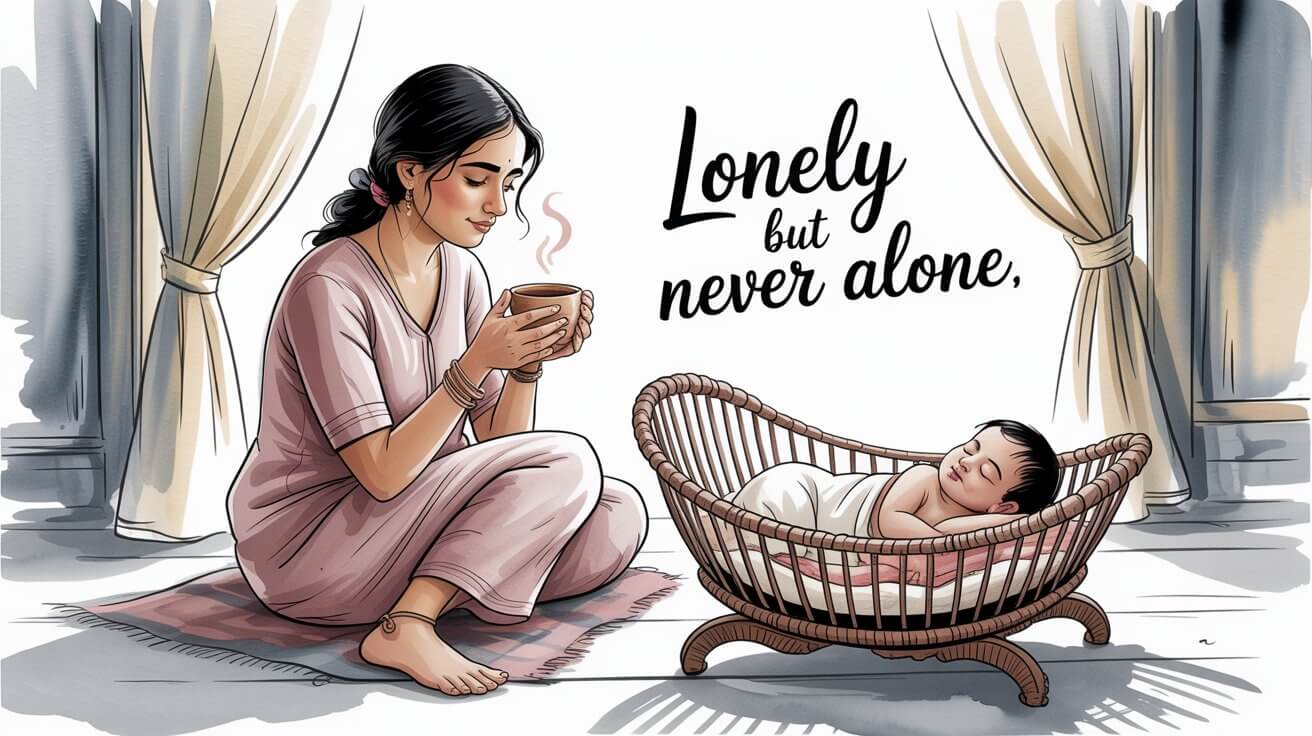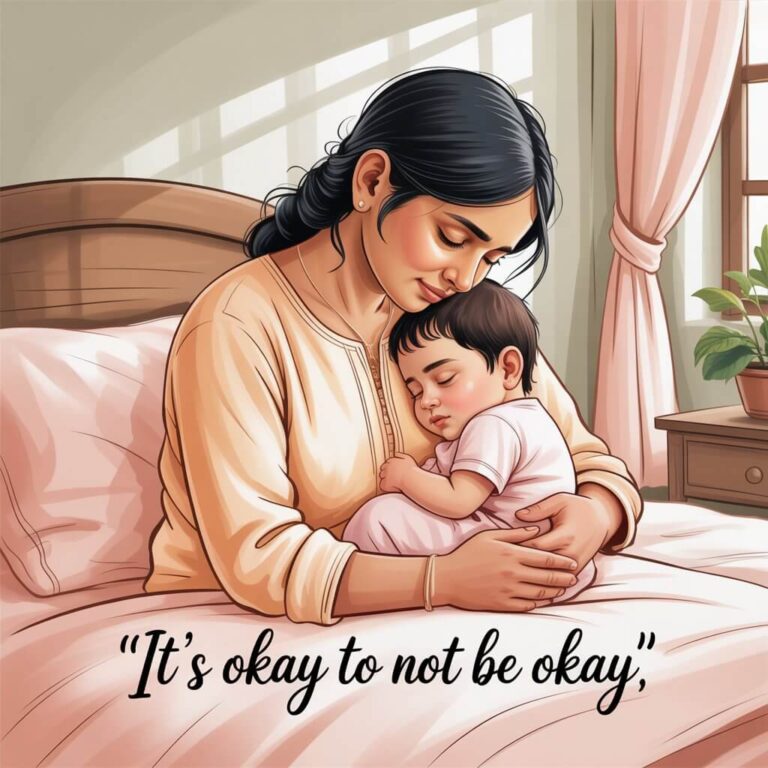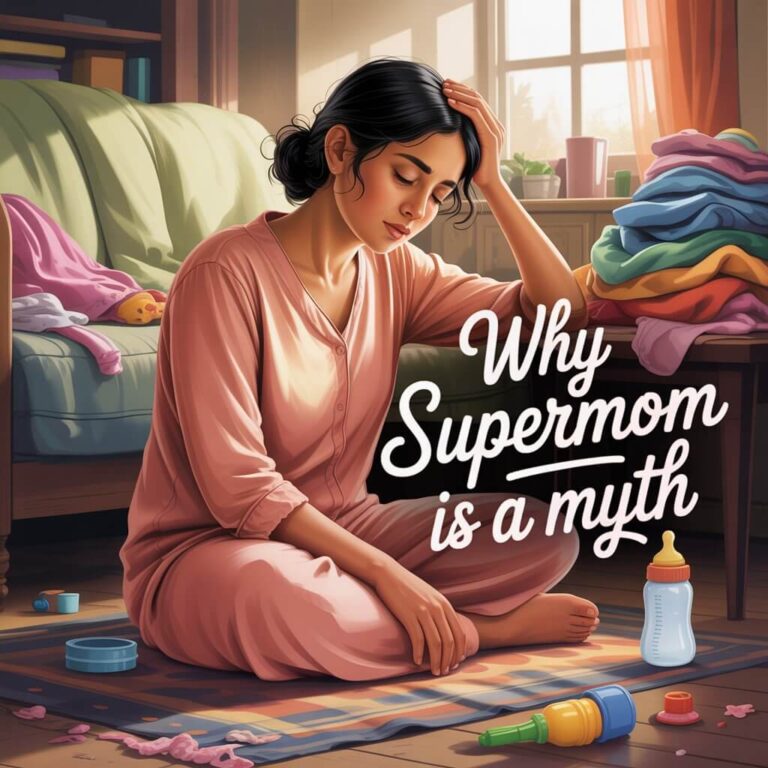Motherhood is a paradox. You are never physically alone — there’s always a baby on your hip, a toddler at your feet, or someone calling “Mumma!” But emotionally? You might feel like you’re on an island.
This post is for every mom who’s ever felt invisible in a room full of people. You’re not imagining it. You’re not being “too sensitive.” You’re simply experiencing postpartum loneliness, a real and common emotional challenge many mothers face.

Let’s talk about why this happens, how to recognize it, and gentle ways to cope — so you can feel seen, connected, and supported during this transformative time.
Why Postpartum Loneliness Happens
It’s important to remember that postpartum loneliness isn’t just about feeling isolated — it’s closely tied to overall postpartum mental health. Many mothers experience mood changes, anxiety, or low energy in the weeks and months after giving birth. Feeling lonely or disconnected can sometimes intensify these emotional challenges, making it harder to cope with daily life. Acknowledging these feelings early and seeking support — whether through loved ones, supportive communities, or mental health professionals — is a crucial step in nurturing both your emotional well-being and your relationship with your baby.
1. Your World Shrinks
Before motherhood, your days were filled with variety — work, friends, hobbies, outings. After childbirth, your life often revolves around feedings, diaper changes, and nap schedules. It’s easy to feel like your own identity has been put on hold, which can intensify postpartum loneliness. Even small moments of solitude can feel impossible to find, leaving you emotionally drained.
2. Conversations Change
The topics of conversation often shift dramatically. Where once you discussed dreams, weekend plans, or books you loved, now most chats center on questions like: “Did the baby poop?” or “What’s for dinner?” These conversations are necessary, but they may leave you craving meaningful adult interaction, a key contributor to postpartum loneliness.
3. Friends Drift Away
Friends who don’t have children may struggle to understand your new schedule. Invitations to meet up may dwindle, and sometimes friends disappear entirely. It’s natural to grieve this loss of social connection, which often deepens feelings of isolation and postpartum loneliness.
4. You Don’t Feel Like Yourself
Loving your baby doesn’t erase the fact that you might miss your old routines, hobbies, or spontaneity. Feeling disconnected from your pre-motherhood self is another factor that can amplify postpartum loneliness. It’s okay to acknowledge that you are more than a mom — you’re also a woman with her own dreams and needs.
5. No One Checks on the Mom
Everyone seems focused on the baby — your partner, family, and friends all ask about the newborn’s well-being. But who asks about you? When no one notices your struggles, it reinforces the sense of being emotionally invisible, a key aspect of postpartum loneliness.
Signs You May Be Experiencing Postpartum Loneliness
It’s important to recognize the signs, so you can address them compassionately. You might relate to some of these:
- You feel disconnected from your pre-motherhood life.
- You crave adult conversation but rarely get it.
- You scroll through messages or social media but don’t feel like replying.
- You feel unseen, even in a crowded home.
- You want to cry but can’t pinpoint why.
If you notice these feelings, know this: you’re not ungrateful, weak, or failing. You’re simply experiencing postpartum loneliness, a normal emotional response to a major life transition.
6 Gentle Ways to Cope with Postpartum Loneliness
You don’t need a complete life overhaul. Small, intentional shifts can help you feel more connected and emotionally nourished.
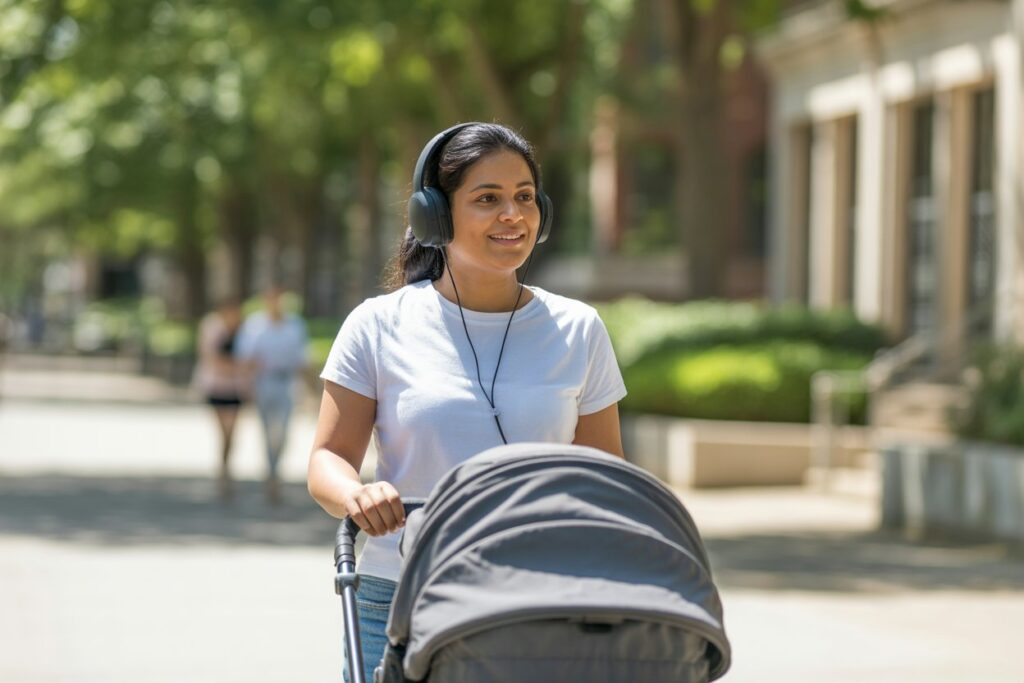
1. Reconnect with Yourself
Set aside just 15 minutes a day for something that reminds you who you are outside motherhood. Read a favorite book, journal, water your plants, or listen to songs you loved before your baby was born. These moments can provide emotional breathing room and help ease postpartum loneliness.
2. Reach Out to a Friend
Even a short voice note or text to a friend can make a difference. Sharing how you feel — without having to sugarcoat it — can remind you that you’re not alone. One meaningful connection can brighten your day and reduce feelings of postpartum loneliness.
3. Join a Mom Group (Online or Offline)
Being around other mothers who understand the highs and lows of parenting can be incredibly validating. Spaces like HugMumma Mom Voices offer a supportive community where moms can talk honestly, not perfectly. Feeling heard and understood is a powerful antidote to postpartum loneliness.
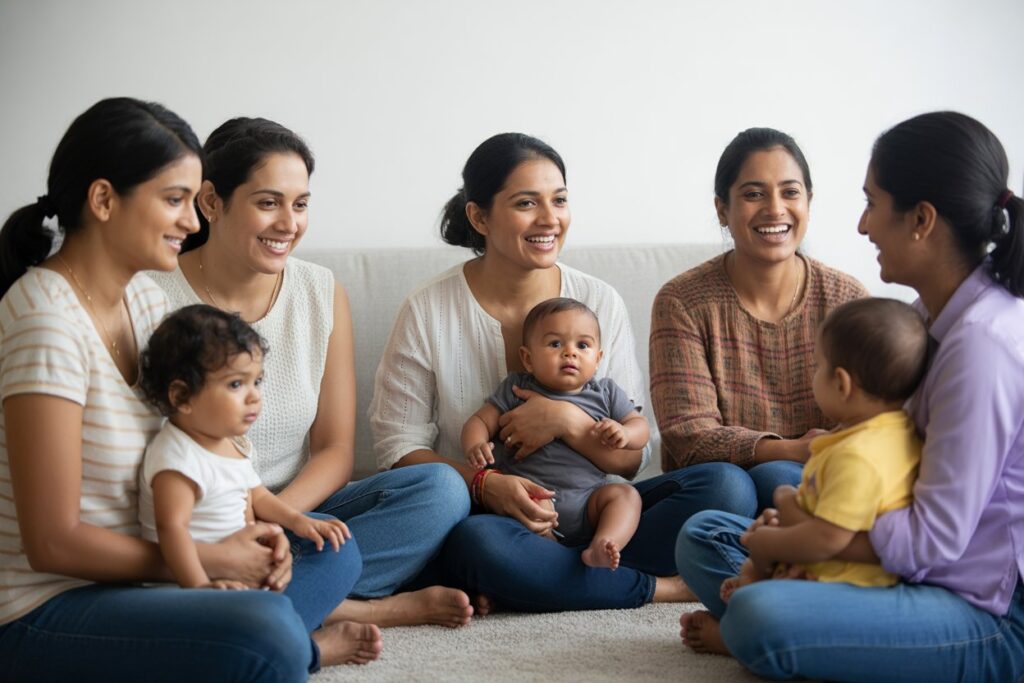
4. Express Your Needs at Home
Your partner or family may not automatically notice your struggles. Gently communicate what you need: a few uninterrupted minutes, help with chores, or even just a listening ear. Open dialogue helps reduce emotional strain and the isolation that fuels postpartum loneliness.
5. Step Outside (Even Briefly)
Fresh air, a short walk, or a solo trip to the grocery store can provide a mental reset. Being outside your home, even for a few minutes, reminds you that there’s a world beyond diapers and bedtime routines, helping alleviate postpartum loneliness.
6. Seek Professional Support
Sometimes, postpartum loneliness runs deeper and may be accompanied by anxiety or sadness. Talking to a mental health professional doesn’t mean you’re failing — it’s a step toward emotional well-being. A therapist can help you process feelings and develop practical coping strategies.
It’s Okay to Want More Than Motherhood
You love your child deeply. But you are also a woman with your own needs, dreams, and emotions. Missing freedom, craving connection, or wanting adult conversation doesn’t make you a bad mom — it makes you human.
Acknowledging postpartum loneliness and giving yourself permission to feel it is the first step toward healing. You are allowed to say: “I feel lonely today” without guilt or shame.
HugMumma Is Here for You
At HugMumma, we are building a space where no mother has to face these feelings alone. Through supportive communities, resources, and practical tools, we aim to help moms feel seen, connected, and empowered — even on the hardest days.
A Final Hug for Moms Everywhere
To the mom who smiles on the outside while quietly struggling inside:
We see you. We hear you. We’re here with you. You are not alone, and postpartum loneliness does not define your motherhood.
Motherhood was never meant to be a solo journey. Together, we can rewrite the story — one small moment of connection at a time.

